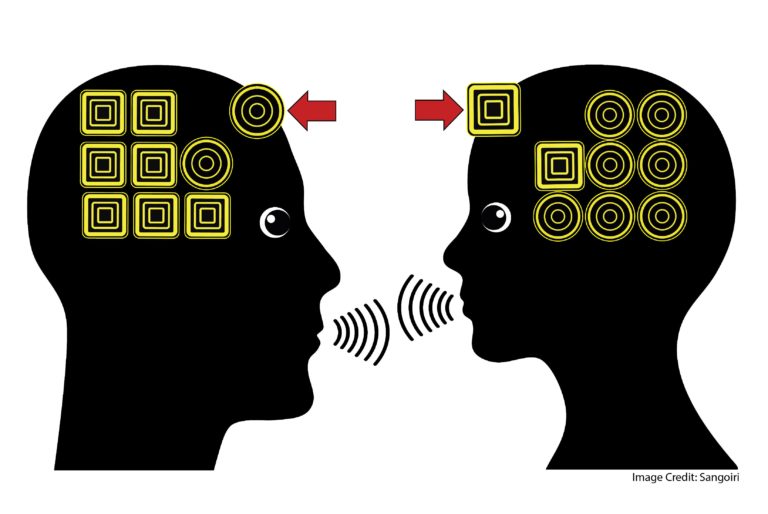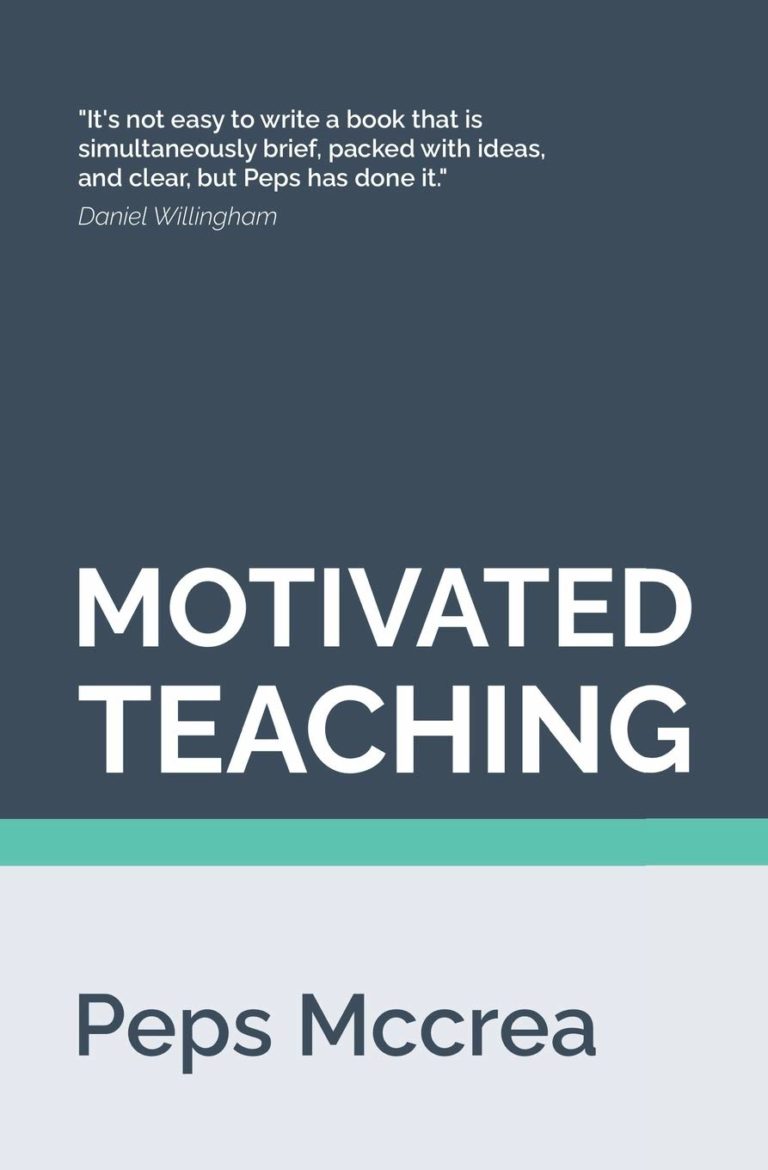-
ABOUT THE AUTHOR
Andrew Watson
Andrew began his classroom life as a high-school English teacher in 1988, and has been working in or near schools ever since. In 2008, Andrew began exploring the practical application of psychology and neuroscience in his classroom. In 2011, he earned his M. Ed. from the “Mind, Brain, Education” program at Harvard University. As President of “Translate the Brain,” Andrew now works with teachers, students, administrators, and parents to make learning easier and teaching more effective. He has presented at schools and workshops across the country; he also serves as an adviser to several organizations, including “The People’s Science.” Andrew is the author of "Learning Begins: The Science of Working Memory and Attention for the Classroom Teacher."
Tags
ADHD adolescence attention autism book review boundary conditions classroom advice conference speakers constructivism/direct instruction creativity desirable difficulty development dual coding elementary school embodied cognition emotion evolution exercise experts and novices gender high school homework intelligence long-term memory math methodology middle school mind-wandering mindfulness Mindset motivation neuromyths neuroscience online learning parents psychology reading retrieval practice self-control skepticism sleep STEM stress technology working memoryRecent Comments
- Goals, Failure, and Emotions: a Conceptual Framework |Education & Teacher Conferences on “Learning from Mistakes” vs. “Learning from Explanations”
- From Destruction to Rebuilding: Hope in Science’s Down Cycle on When Analogies Go Wrong: The Benefits of Stress?
- Dual Coding: Boosting Learning Through Words and Images – White Dragon of East County on Visual & Verbal: Welcome to “Dual Coding”
- "All People Learn the Same Way": Exploring a Debate |Education & Teacher Conferences on The Goldilocks Map by Andrew Watson
- URL on Difference Maker: Enacting Systems Theory in Biology Teaching, by Christian...
ABOUT THE BLOG

Conflicting Advice: What to Do When Cognitive Science Strategies Clash?
Teachers like research-informed guidance because it offers a measure of certainty. “Why do you run…

Does Online Learning Work? Framing the Debate to Come…
I first published this blog post back in January. I’ve been seeing more and more…

Putting It All Together: “4C/ID”
We’ve got good news and bad news. Good news: we’ve got SO MUCH research about…

How to Capture Students’ Attention for Online Readings (tl;dr)
When do students focus while reading online? When do they lose focus and let their minds…

When Do We Trust the Experts? When They Don’t Trust...
Back in 2010, three scholars published a widely-discussed paper on “Power Poses.” The headlines: when…

Beyond Slogans and Posters: The Science of Student Motivation
In many cases, cognitive science offers clear teaching advice. You’re curious about working memory? We’ve…

Does Chewing Gum Improve Memory and Learning?
I recently read a striking Twitter claim from a well-known teacher: chewing gum helps memory…

Let’s Talk! How Teachers & Researchers Can Think and Work...
Once you say it out loud, it’s so obvious: Teachers benefit from learning about psychology…

A Beacon in the Mindset Wilderness
For a few years now, I’ve been in the Mindset wilderness. Three years ago, I…

“Compared to What”: Is Retrieval Practice Really Better?
When teachers turn to brain research, we want to know: which way is better? Are handwritten…

